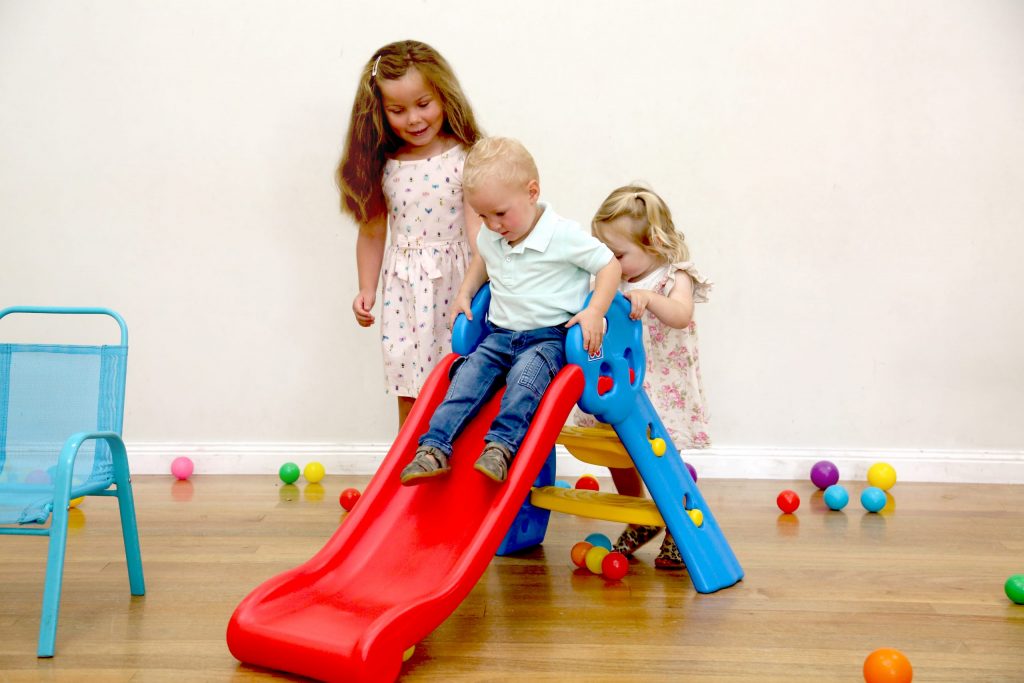“Above all, be the heroine of your life, not the victim.” – Nora Ephron
One of my favourite things to do is watch my children. I love watching them play, learn, discover, and build. I love the way they interact with each other and how effectively they can problem solve. Yes, there are tears, tantrums, and fights, but never for long before they are back being curious, smart, and extremely helpful towards each other. It really is beautiful.
We can learn so much from children when we step back and take the time to watch them play, laugh, and grow. I know this sounds funny because we are supposed to teach them, right? But I challenge you to count the number of lessons you can learn from children. Here are my top five:
1. Don’t stay disappointed for too long
Children get sad but it doesn’t take long for them to return to being happy. If they don’t get their own way or if something doesn’t go how they want it to go, we might see some tantrums, some pouting and especially crying, but a few moments later, it will be like the sadness never happened. When something doesn’t go right for us as adults, wouldn’t it be great to just experience the event, feel the feelings, then let them pass. We could then dust ourselves off, get back up again and find joy in something else, or focus on an alternate way to do something. Not staying disappointed for too long can save us a lot of time and resentment, give it a go.
2. Don’t Be Afraid to try something new
Being scared to give something new a try is often the reason for our failures. Children look at something new as fun, and exciting and see it as a new skill they can learn. They often don’t look at the risk, and if they do, they look at the risk differently. Instead of thinking about the possible risk of hurt and failure that might come of their new action, they weigh up the situation and look for a way they can execute the task to lead to success. They then repeat this day after day until they get it right. What a wonderful way of being. How much more could we as adults be if we were not afraid to give something new a try.
3. Be a pioneer, not a victim
If you listen to a child’s after school story it is most often a story about them being the hero, the leader. Everyone stops and takes notice of them, the crowd laugh and cheer and the child is all smiles with a puffed-up chest. It was probably nothing like that, but they still come home full of pride because of the smallest achievements. They grow from the experience and learn from it.
As we get older, we think about our stories more and we start to worry about what went wrong rather than what went right. We worry about what people will think of us, and we try to justify our actions or inactions. We learn to not be vain, conceited, or overconfident. So, we change our story. We try not to brag but don’t want to feel like a failure either, so we start to notice faults in others because it makes us more relatable. When really it is just pulling us closer towards what we don’t want. Thus, overtime it becomes familiar and easier to be the victim. Change your story, don’t be a victim, be a pioneer.
4. Take notice of the small things.
Children love the small things. How many times have you been flicking through the pages of a magazine or newspaper, when you hear ‘Wait, go back. Look at that Mum’ and one of your children has noticed the smallest picture of something they love. Like a motorbike that has unusual colours, or a cute little dog looking for a home or a picture of someone they know or that looks like someone they know. Or, when driving in the car, and one of them might notice a beautiful bird sitting curiously on a post or a tree branch that has fallen off on an odd angle and they wonder how that happened. It really is beautiful that children take the time to notice and really appreciate these little things that we often take for granted as adult life takes over.
5. Love yourself
As adults getting ready to go out, we tend to spend ages choosing and outfit, putting on makeup, styling our hair, changing our outfit, then looking for that reassurance from someone before we step out the door.
Children on the other hand chose an outfit, quickly run a brush through their hair, maybe clean their teeth, maybe not and bang, they are ready. They do not ask anyone if they look ok, because they know they look good. If we tell a child they look good, they are likely to respond with, ‘I know’.
Children look in the mirror and see only positives, it is time and society that teaches them to see negatives. To love ourselves is a beautiful lesson that we all learn very early on. Unfortunately, however, it is just as quickly forgotten. I challenge you today, to look in the mirror and match every negative you see with one positive, see how you go.
Children really are beautiful and special so take the time today to look at them for inspiration and see what lesson or lesson’s you can learn.
If you are an injured worker or an employer managing an injured worker whose return to work is not going as smoothly as it could, please don’t hesitate to get in touch with me at tennille@returntoworkplus.coma.au or check out my website www.returntoworkplus.com.au for further information on services and upcoming training dates.

